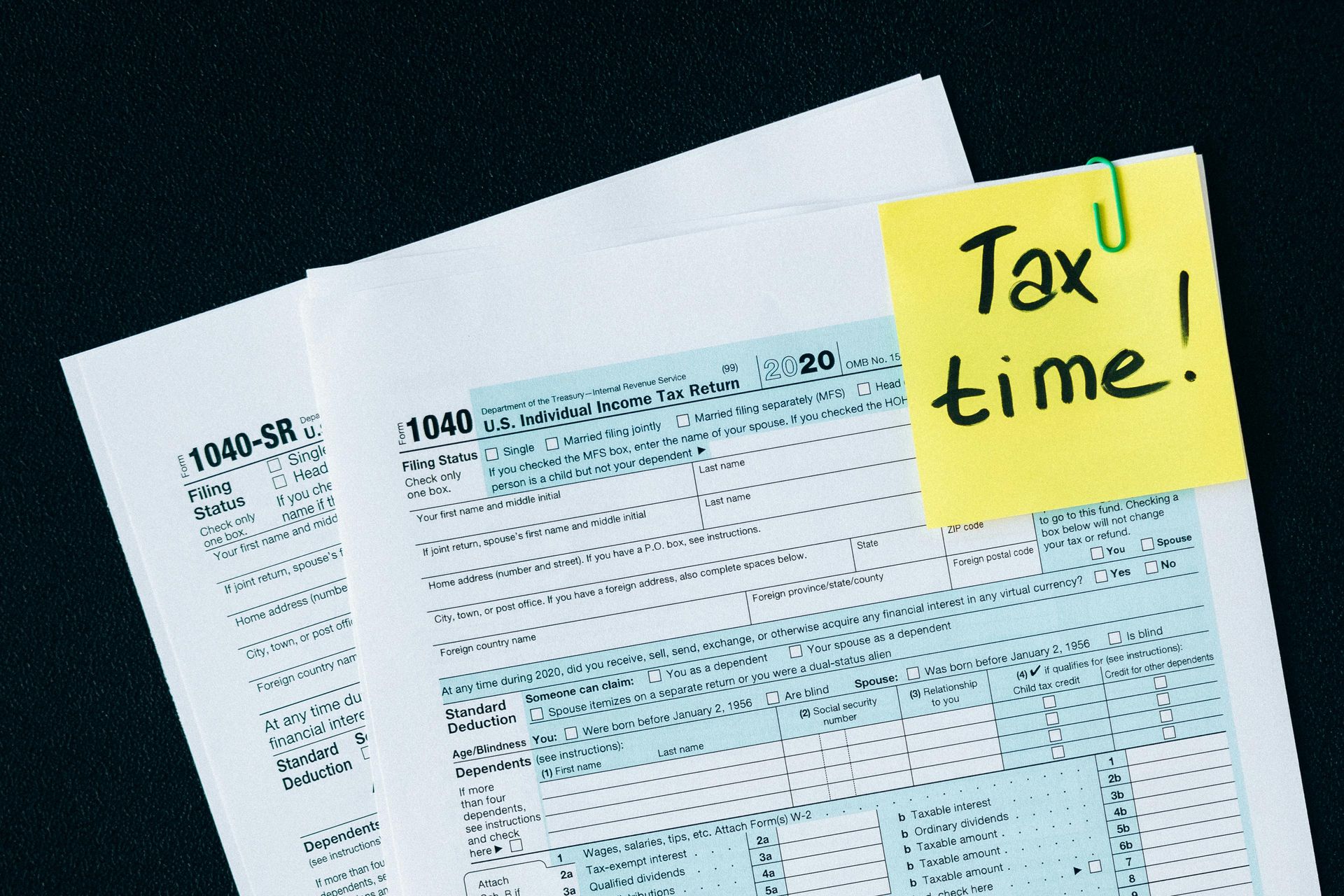How Late Payments Are Hurting Your Business (And What You Can Do About It)
Late invoice payments may seem like a minor nuisance, but for many businesses, especially small—to mid-sized ones—they're more than just a temporary cash-flow hiccup. They can silently erode profitability, strain vendor and customer relationships, and prevent growth.
At our accounting firm, we work with businesses across all industries, helping them manage accounts receivable (AR), accounts payable (AP), bookkeeping, and overall cash flow.
One recurring challenge we see: clients waiting too long to be paid for their services or products. If this sounds familiar, you're not alone—and there are proactive steps you can take to turn things around.
Let's examine how late payments are hurting your business and what you can do to protect your cash flow and stay in control of your finances.
The Real Cost of Late Invoice Payments
Late payments don't just delay your revenue—they set off a ripple effect across your entire operation.
Cash Flow Disruption
Unpaid invoices mean you don't have the cash to pay your bills, make payroll, reinvest in growth, or take advantage of opportunities. It can force you to tap credit lines or take loans, increasing your costs through interest and fees.
Administrative Burden
Chasing down overdue payments wastes time and resources. Your team spends hours sending reminders, making calls, and following up—time that could be spent on more valuable activities.
Strained Vendor and Payroll Obligations
When your customers delay paying you, it can affect your ability to pay your vendors and employees on time; this creates tension in your supply chain, risks damaging relationships, and may result in penalties or service interruptions.
Lost Growth Opportunities
If your capital is tied up in unpaid invoices, you might not have the resources to expand, take on new projects, or make timely investments in equipment or inventory; this creates a cycle where you're stuck in survival mode rather than growth mode.
Customer Relationship Damage
Ironically, unpaid invoices can sour otherwise positive relationships. The longer it takes to collect, the more uncomfortable it becomes to reach out—and that can lead to friction, miscommunication, or even lost business.
What You Can Do About It
The good news is that several proven strategies can be implemented to reduce the impact of late payments—or eliminate them.
Establish Clear Payment Terms Upfront
Before you even send an invoice, make sure your customer understands.
- When the payment is due (Net 15, Net 30, etc.)
- What forms of payment do you accept
- Whether you offer early payment discounts or late payment penalties
Be clear, consistent, and professional. Use written agreements whenever possible.
Invoice Promptly and Accurately
The faster you send your invoices, the quicker your clients can pay them.
Avoid delays in billing and make sure your invoices are in order and on track.
- Clear and detailed
- Free of errors
- Easy to understand, with payment instructions and due dates visible
Minor issues on invoices (wrong PO number, incorrect rates) can cause significant payment delays.

Automate Your AR Process
Use accounting software or AR automation tools to track, send, and follow up on invoices automatically. Features like scheduled reminders, overdue alerts, and auto-pay options can make a significant difference.
Many platforms also offer client portals where customers can view and pay invoices directly, reducing friction in the payment process.
Follow Up Consistently (But Professionally)
Don't wait until an invoice is 60 days overdue to check in. Set a routine process to make sure you don't miss a beat.
- A reminder email a few days before the due date
- A follow-up the day after it's late
- A personal call after 10–14 days if unpaid
Stay firm but polite. Persistence is often the key to getting paid faster.
Incentivize Early Payment or Penalize Late Payment
Consider offering a small discount (for example, 2% off) for early payments. This can be more appealing to clients than you think, and accelerates cash flow.
Conversely, include late fees in your terms—make sure they're fair, enforceable, and legally compliant. Even the mention of a late fee can be enough motivation for some clients.
Review and Analyze Customer Payment Patterns
Look at which clients consistently pay late and evaluate why that may be the case.
- Should you adjust their terms?
- Require deposits or partial upfront payments?
- Stop doing business if its payment behavior threatens your company?
Don't let one unreliable client jeopardize your entire operation.
Outsource AR Management to a Professional Accounting Partner
If managing late payments is draining your team or distracting you from growing your business, it may be time to outsource accounts receivable; our team can help with that!
- Set up and automate AR processes
- Monitor overdue accounts
- Communicate with clients on your behalf
- Help you forecast cash flow and stay ahead of issues
We also integrate AR management with your bookkeeping, AP, payroll, and tax strategy, giving you one unified financial system.

Work With Us and Stop Letting Late Payments Control Your Business
You work hard for your money—don’t let it sit on someone else’s books.
Whether you’re a small business, nonprofit, or growing enterprise, consistent and timely cash flow is critical to your survival and success.
Our team at N.E.W. Accounting is ready to handle all your accounting and bookkeeping needs.
We have experience working with small—to medium-sized businesses, and can help to reduce your accounting stress and anxiety any time of year.
Let's
work together!



